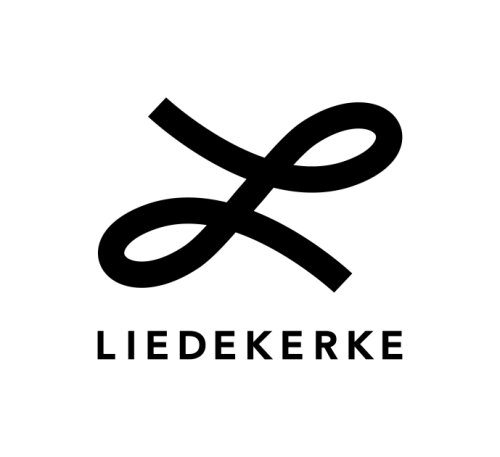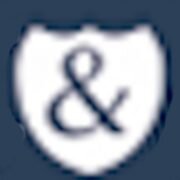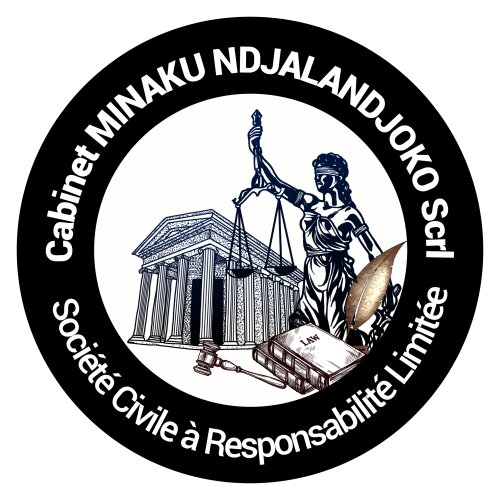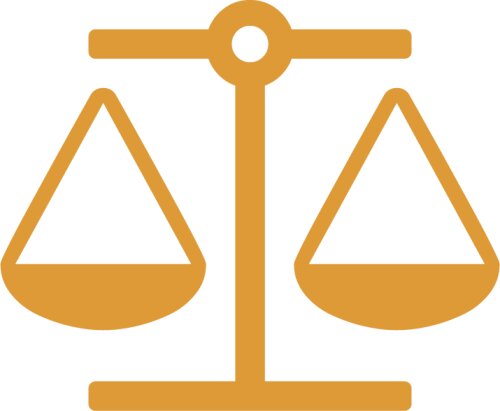Best Sanctions & Export Controls Lawyers in DR Congo
Share your needs with us, get contacted by law firms.
Free. Takes 2 min.
Or refine your search by selecting a city:
List of the best lawyers in DR Congo
About Sanctions & Export Controls Law in DR Congo
Sanctions and export controls regulate how goods, services, technology, and funds move across the borders of the Democratic Republic of the Congo (DR Congo). These laws help prevent illegal trade, protect national interests, comply with international obligations, and support security. Both the Congolese government and international entities such as the United Nations (UN) impose sanctions or controls affecting certain commodities, individuals, or entities. Violating these rules can have serious legal and financial consequences.
Why You May Need a Lawyer
You may require legal help with sanctions and export controls in DR Congo if you engage in international trade, import or export sensitive goods, work with foreign entities, or participate in financial transactions with parties that could be subject to restrictions. A lawyer is valuable if you:
- Face investigation or potential penalties for alleged violations of local or international sanctions or export regulations
- Plan to ship regulated items, such as minerals, weapons, or dual-use goods
- Need assistance interpreting local or UN-imposed sanctions
- Are involved in disputes or enforcement actions with regulators or law enforcement
- Manage compliance for a business subject to export controls
- Have contracts or business dealings involving restricted countries or entities
- Need due diligence for cross-border investments or trade partnerships
- Encounter banking or payment restrictions caused by sanctions regulations
Local Laws Overview
Sanctions and export controls in DR Congo are governed by national laws, government decrees, and compliance with international commitments. The key aspects include:
- Goods and Services Restrictions: Certain commodities such as minerals, arms, and technology require licenses for export or import and may be restricted depending on their use or destination.
- International Sanctions: The DR Congo enforces international sanctions, primarily from the UN Security Council, which may impose trade bans, asset freezes, and travel restrictions on individuals, entities, or goods linked to conflicts or human rights issues.
- Regulated Sectors: Sectors such as mining, arms trade, and oil and gas are closely monitored with specific export licensing and reporting obligations.
- Penalties and Enforcement: Authorities can seize goods, revoke licenses, impose fines, or pursue criminal charges for violations. Strict oversight exists on both exports and imports.
- Compliance Requirements: Businesses must maintain records, verify counterparties, and report certain transactions or suspicious activities to relevant government departments.
- Customs and Administrative Procedures: Customs clearance is required for most imports and exports. Declarations, supporting documents, and export permits may be needed, especially for controlled items.
Frequently Asked Questions
What are the main types of sanctions in DR Congo?
Sanctions can include asset freezes, travel bans, trade embargoes, financial restrictions, and sectoral prohibitions, often targeting specific individuals, entities, or sectors identified by national law or the United Nations.
Who enforces sanctions and export controls in DR Congo?
Enforcement is primarily conducted by government agencies such as the Ministry of Foreign Trade, customs authorities, and sometimes security services. For UN or international sanctions, local implementation is required under Congolese law.
What goods are typically subject to export controls?
Controlled goods include minerals (such as coltan, gold, and diamonds), arms, ammunition, certain chemicals, dual-use technology, and products with potential military applications or strategic value.
Do I need a permit to export minerals or precious stones?
Yes, exports of minerals, precious stones, and some other natural resources require specific government permits and reporting to designated authorities. Failure to obtain proper licenses can result in confiscation and legal penalties.
How can I find out if my business partner is subject to sanctions?
You need to conduct due diligence using governmental and international lists, such as the UN Sanctions List. Legal counsel can help you perform necessary checks and avoid dealing with blacklisted individuals or entities.
What is the penalty for violating export controls or sanctions?
Penalties may include substantial fines, loss of business licenses, product seizure, and even imprisonment, depending on the nature and seriousness of the offense.
Are there exceptions or waivers to sanctions in DR Congo?
Some exceptions exist, especially for humanitarian needs or UN-approved activities. Legal advice is essential to determine eligibility and to secure necessary authorizations.
What should I do if I am approached by authorities about a sanctions or export control issue?
Contact a qualified lawyer without delay. Provide accurate information, cooperate with authorities, and seek legal advice before making any statements or submissions.
How often do sanctions laws change in DR Congo?
Sanctions regimes and export controls can change frequently, especially in response to international developments or new government policies. Regular monitoring and legal updates are critical for compliance.
Can foreign companies operating in DR Congo be affected by local sanctions?
Yes, both domestic and foreign companies must comply with local laws. International subsidiaries or firms can be held liable for violations committed within Congolese territory.
Additional Resources
Several organizations, governmental bodies, and resources can assist those seeking more information or legal advice about sanctions and export controls in DR Congo:
- The Ministry of Foreign Trade (Ministère du Commerce Extérieur)
- Customs and Excise Authority (Direction Générale des Douanes et Accises - DGDA)
- The Ministry of Mines (Ministère des Mines) for regulations concerning minerals and extractives
- The United Nations Organization Stabilization Mission in the DR Congo (MONUSCO), for updates on UN sanctions
- Local chambers of commerce or business associations
- Accredited law firms specializing in sanctions and export controls
Next Steps
If you require legal assistance with sanctions and export controls in DR Congo:
- Gather all relevant documents, contracts, and communications related to your trade, export, or import activity
- Contact a lawyer with experience in sanctions, export controls, and international trade law
- Prepare questions regarding your obligations, risks, and possible compliance steps
- Stay informed about new regulations or international actions that might impact your business
- Complete thorough due diligence on business partners, transactions, and goods involved
- Consider ongoing legal support for compliance, audits, and training if your business is complex or high-risk
Expert legal advice and proactive compliance can help you avoid costly mistakes and ensure your activities are lawful and secure in DR Congo.
Lawzana helps you find the best lawyers and law firms in DR Congo through a curated and pre-screened list of qualified legal professionals. Our platform offers rankings and detailed profiles of attorneys and law firms, allowing you to compare based on practice areas, including Sanctions & Export Controls, experience, and client feedback.
Each profile includes a description of the firm's areas of practice, client reviews, team members and partners, year of establishment, spoken languages, office locations, contact information, social media presence, and any published articles or resources. Most firms on our platform speak English and are experienced in both local and international legal matters.
Get a quote from top-rated law firms in DR Congo — quickly, securely, and without unnecessary hassle.
Disclaimer:
The information provided on this page is for general informational purposes only and does not constitute legal advice. While we strive to ensure the accuracy and relevance of the content, legal information may change over time, and interpretations of the law can vary. You should always consult with a qualified legal professional for advice specific to your situation.
We disclaim all liability for actions taken or not taken based on the content of this page. If you believe any information is incorrect or outdated, please contact us, and we will review and update it where appropriate.
Browse sanctions & export controls law firms by city in DR Congo
Refine your search by selecting a city.













